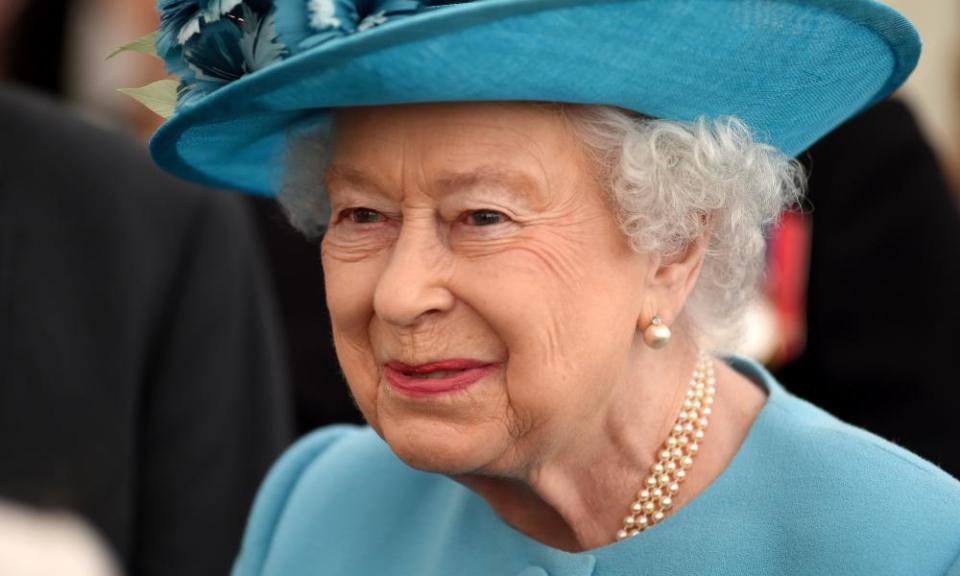Queen's private estate records £20m profit but could take Brexit hit

The Queen’s accountants have warned that Brexit is a potential risk to her finances as she received another record multi-million pound surplus from her private estate last year.
The annual report of the Duchy of Lancaster records a £20.2m profit in 2017-18, an increase of 4.9% on last year.
That profit from the Queen’s 753-year-old ancestral estate is almost three and half times larger than it was in 2000, when it stood at £5.8m.
The subject of Brexit is mentioned only once in the 60-page report, under the heading “strategic risk”. A carefully worded passage says: “Each year the duchy carries out a five-year business plan as well as preparing rolling forecasts for the year ahead. As part of this process a review is undertaken of long-term trends to assess options for continued and ongoing viability of duchy operations, this would include any outcomes from Brexit negotiations.”
It also flags up that the duchy is potentially at risk of “criminal cyber-attacks”, but adds that this risk is “mitigated by a number of advanced IT safeguards”.
Although the net surplus on the estate increased at almost double the rate of inflation, the 4.9% rise represented a slowdown: in the previous two years, it had it risen by almost 8% after two years of increases by more than 13%.
“This has been another positive year for the duchy with strong growth in almost all our business sectors,” the report said. At 64% the bulk of the duchy’s income came from commercial activities, the report said. Agricultural made up 18% of the income, followed by financial activities at 10% and residential income at 8%.
The net value of the estate increased by 2.9% to £533.8m, the report adds. It points out that the duchy is not subject to corporation tax, but the Queen does pay tax on the income she receives from the estate.
Duchy officials have resisted opening up the books to parliament’s financial watchdog, the National Audit Office.

 Yahoo News
Yahoo News 